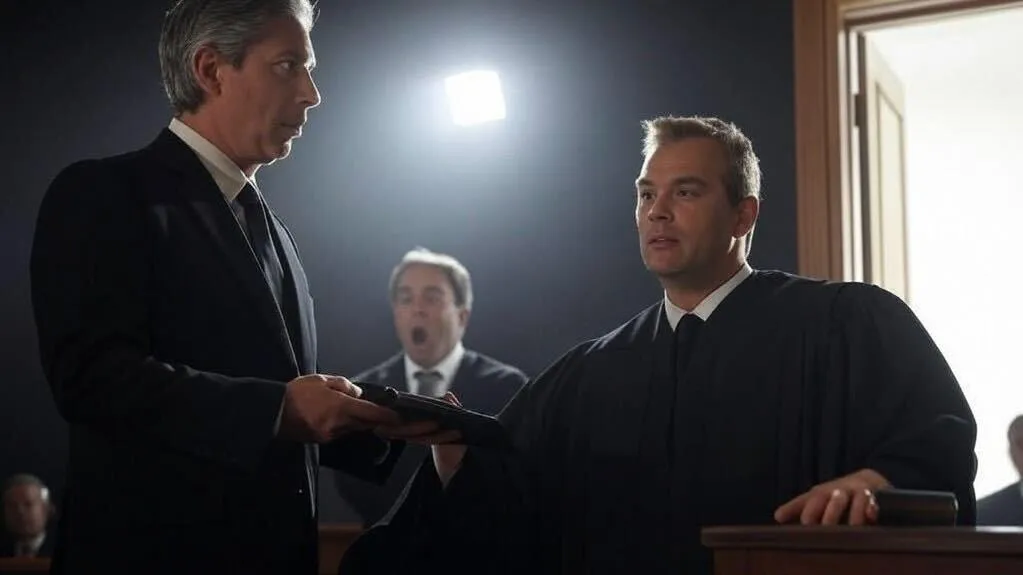
How Workers’ Compensation Fraud Is Prosecuted
Workers' compensation fraud undermines the integrity of the insurance system and drives up insurance premiums for employers and compensation insurance carriers alike. These fraudulent activities impact not only businesses but also injured workers who rely on legitimate compensation claims. Prosecuting this type of crime involves a detailed legal process, beginning with detection and ending with sentencing.
Detection and Reporting
The process begins with identifying suspicious or fraudulent activities, which can be flagged by various entities:
Employers may observe inconsistencies in injury reports or catch employees engaging in activities that contradict their reported injuries.
Insurance Companies and compensation insurance carriers use data analytics to detect false claims and uncover unusual trends in compensation claims.
Medical providers might encounter individuals seeking unnecessary treatment, showing signs of pre-existing conditions, or presenting false statements during exams.
Reports of a fraudulent claim are submitted to authorities such as the California Department of Insurance (CDI) or local district attorney offices. In California, insurers must report suspicious claims to the CDI’s Fraud Division under strict compensation laws.
Investigation
Once reported, an investigation is launched to validate the compensation fraud allegations:
Evidence Collection: Investigators obtain medical records, witness statements, and sometimes use surveillance to support claims of fraudulent activities.
Collaboration: Agencies like the CDI Fraud Division partner with district attorneys and law enforcement to build strong cases against false claims.
Specialized Units: Some offices, such as San Francisco’s District Attorney’s Office, have divisions like the Insurance Fraud Division that specialize in compensation fraud prosecution.
Filing Charges
When evidence is substantial:
Legal Assessment: Prosecutors determine whether the crime qualifies as a misdemeanor or felony under compensation laws.
Formal Charges: Charges related to compensation fraud are filed, and the defendant is officially informed.
Arraignment
At this stage, the accused appears in court to:
Hear Charges: The formal charges are read.
Enter Plea: The defendant pleads guilty, not guilty, or no contest.
Pre-Trial Proceedings
This phase includes:
Discovery: Both sides share witness statements and evidence, including video, documents, or testimony from a healthcare provider.
Motions: Attorneys may file motions to dismiss charges, exclude evidence, or challenge the validity of compensation fraud allegations.
Trial
If unresolved, the case proceeds to trial:
Presentation of Evidence: Prosecutors outline how financial incentives or kickback schemes motivated the defendant to commit compensation fraud.
Verdict: A judge or jury decides if the defendant committed fraud to receive financial benefits or manipulate compensation insurance payouts.
Sentencing
Upon conviction:
Penalties: Sentences may involve prison time, fines, restitution, and probation.
Restitution: Courts often order repayment to compensation insurance carriers. For instance, in a 2024 case, a defendant—Joe Easton—was ordered to repay $687,000 for underreporting employees to reduce compensation premiums and obtain extra financial benefits.
Post-Conviction
Following sentencing:
Appeals: Defendants like Joe Easton may challenge their convictions if due process or other issues are in question.
Monitoring: If sentenced to probation, the court monitors whether the individual complies with all restrictions and conditions.
Throughout the legal process, collaboration between agencies such as the CDI, the National Insurance Crime Bureau, and local prosecutors is essential for uncovering kickback schemes, identifying fraudulent actors among independent contractors, and ensuring that compensation benefits go to legitimate recipients. Building a strong defense is crucial for those falsely accused, and having an experienced attorney familiar with comp claims law can make all the difference.
If you suspect you’re a victim of insurance fraud or you believe a certificate of compensation insurance is fake, please contact the appropriate authorities. You may also report suspected fraud through our contact form at CheckMyCert.org.
